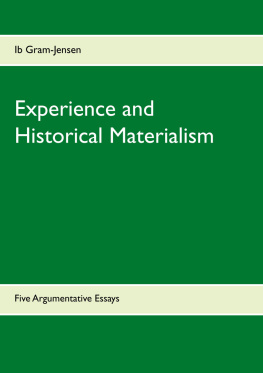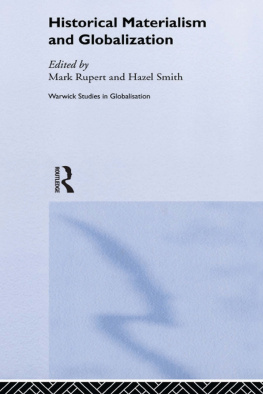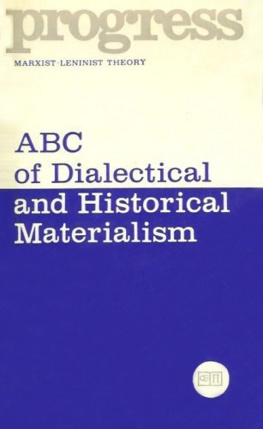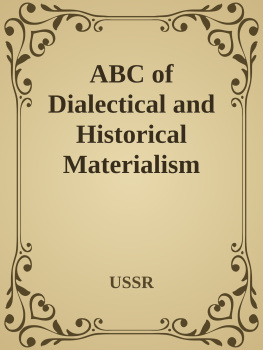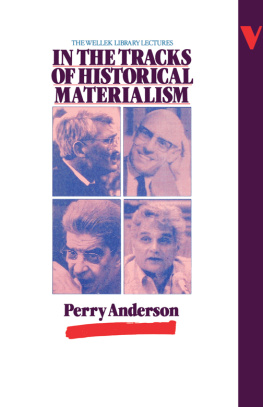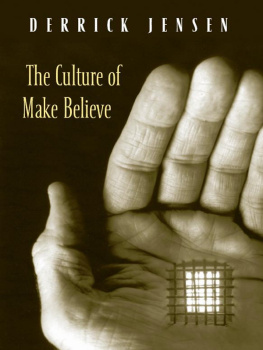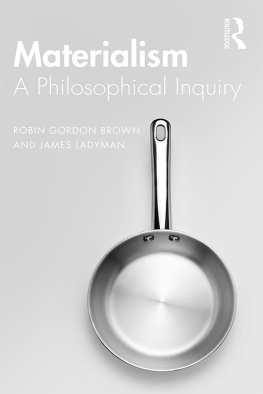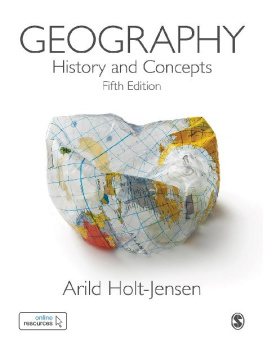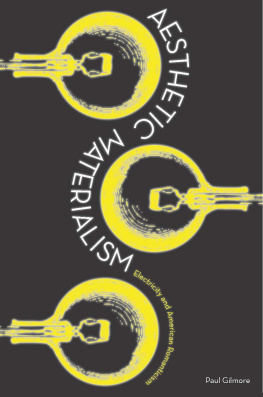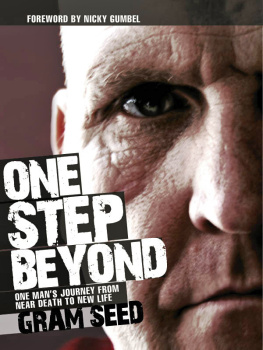Ib Gram-Jensen - Experience and Historical Materialism
Here you can read online Ib Gram-Jensen - Experience and Historical Materialism full text of the book (entire story) in english for free. Download pdf and epub, get meaning, cover and reviews about this ebook. year: 2020, publisher: Books on Demand Gmbh, genre: Politics. Description of the work, (preface) as well as reviews are available. Best literature library LitArk.com created for fans of good reading and offers a wide selection of genres:
Romance novel
Science fiction
Adventure
Detective
Science
History
Home and family
Prose
Art
Politics
Computer
Non-fiction
Religion
Business
Children
Humor
Choose a favorite category and find really read worthwhile books. Enjoy immersion in the world of imagination, feel the emotions of the characters or learn something new for yourself, make an fascinating discovery.
- Book:Experience and Historical Materialism
- Author:
- Publisher:Books on Demand Gmbh
- Genre:
- Year:2020
- Rating:4 / 5
- Favourites:Add to favourites
- Your mark:
- 80
- 1
- 2
- 3
- 4
- 5
Experience and Historical Materialism: summary, description and annotation
We offer to read an annotation, description, summary or preface (depends on what the author of the book "Experience and Historical Materialism" wrote himself). If you haven't found the necessary information about the book — write in the comments, we will try to find it.
Experience and Historical Materialism — read online for free the complete book (whole text) full work
Below is the text of the book, divided by pages. System saving the place of the last page read, allows you to conveniently read the book "Experience and Historical Materialism" online for free, without having to search again every time where you left off. Put a bookmark, and you can go to the page where you finished reading at any time.
Font size:
Interval:
Bookmark:
- Laclau & Mouffes critique of Marxism/historical materialism in terms of its explanatory power is valid.
- Laclau & Mouffes discourse-analytical approach has superior explanatory power.
- Jenkins repudiation of knowledge of the past is valid.
- The actual process of history is causally irreducible to the structure of society determined by the dominant mode of production.
- Social practice, in particular, and hence the actual course of the history of advanced capitalism, cannot be derived from the structural analysis of capitalism, nor dismissed as immaterial. Practice or agency makes a difference to actual history, and the trajectory of the capitalist mode of production and the capitalist type of society eventuates from, and as part of, that actual history.
- Still more specifically, Marx expectations that the dialectic of forces and relations of production he posited as the motive power of history have not been confirmed by the actual history of advanced capitalism so far.
- Social circumstances, including such as are due to agents positions in relations of production, are determinants of agents consciousness.
- Capitalism is an exploitative, antagonistic, crisis-ridden and alienating mode of production.
- The working class constituted by capitalist relations of production consequently has an objective interest in a transition from capitalism to socialism and eventually communism in the sense of a classless society based on the collective command of the means, process and outcome of production.
Font size:
Interval:
Bookmark:
Similar books «Experience and Historical Materialism»
Look at similar books to Experience and Historical Materialism. We have selected literature similar in name and meaning in the hope of providing readers with more options to find new, interesting, not yet read works.
Discussion, reviews of the book Experience and Historical Materialism and just readers' own opinions. Leave your comments, write what you think about the work, its meaning or the main characters. Specify what exactly you liked and what you didn't like, and why you think so.

